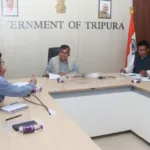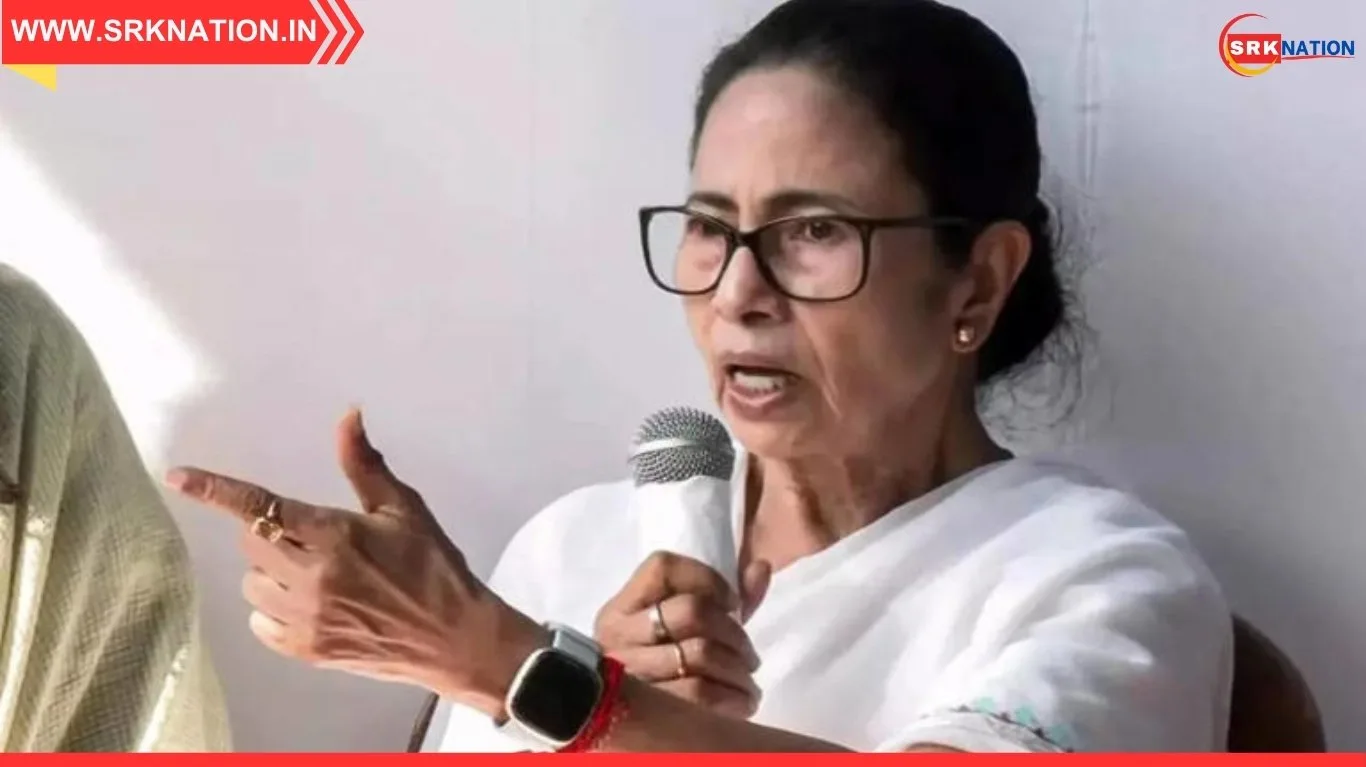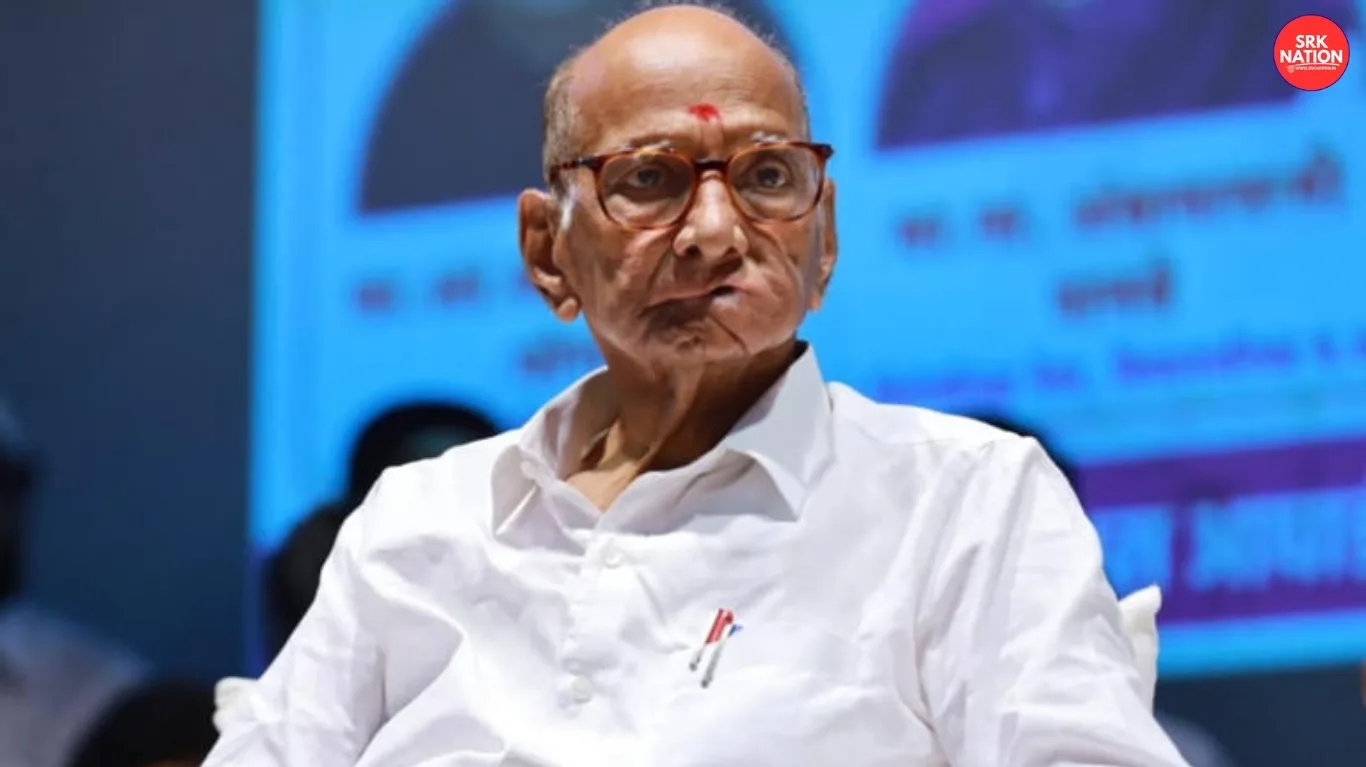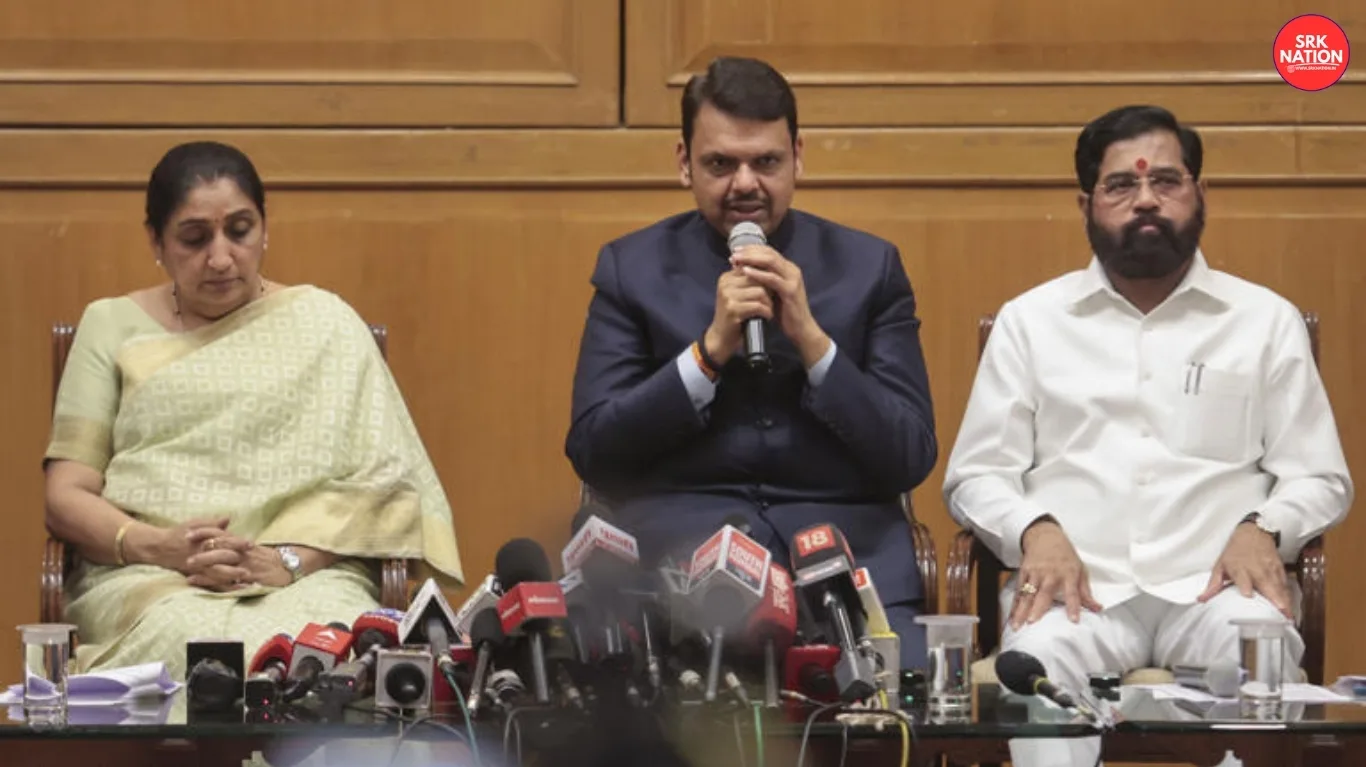West Bengal Chief Minister Mamata Banerjee has raised serious concerns over the Social Impact Reporting (SIR) initiative, claiming that 28 people have died since its implementation due to what she described as “inhuman pressure” on field workers. The statement has triggered widespread debate about the effectiveness, ethical implications, and human cost of large-scale monitoring programs in the state.
Banerjee’s remarks highlight the growing tension between governance-driven accountability measures and the realities faced by grassroots workers who are tasked with implementing them. While the SIR initiative was designed to improve transparency and ensure better delivery of welfare schemes, the Chief Minister’s comments suggest that the burden placed on field workers has reached dangerous levels.
📊 Key Highlights
- Deaths Reported: Mamata Banerjee claims 28 people have died since SIR began.
- Criticism: CM terms the initiative “inhuman” due to excessive pressure on field workers.
- Objective of SIR: Designed to monitor and evaluate welfare schemes and social programs.
- Public Debate: Raises questions about balancing accountability with humane working conditions.
- Future Outlook: Calls for review and reform of the initiative to protect workers.
🔎 Background of the SIR Initiative
The Social Impact Reporting (SIR) program was introduced to track the effectiveness of welfare schemes and ensure accountability in governance.
- Purpose: Measure outcomes of social programs, including education, healthcare, and rural development.
- Implementation: Field workers tasked with collecting data, conducting surveys, and reporting outcomes.
- Challenges: Reports of excessive workload, unrealistic targets, and lack of support.
- Controversy: Mamata Banerjee’s statement has brought the human cost of the initiative into sharp focus.
📉 Comparative Snapshot of Monitoring Programs in India
| Year | Program/Initiative | Objective | Reported Challenges |
|---|---|---|---|
| 2015 | Swachh Bharat Survey | Track sanitation progress | Overburdened field staff |
| 2017 | Aadhaar-linked DBT | Ensure direct benefit transfers | Technical glitches, worker stress |
| 2020 | COVID-19 Health Surveys | Monitor pandemic spread | High risk exposure, fatigue |
| 2023 | SIR (West Bengal) | Evaluate welfare schemes | Excessive workload, reported deaths |
🔄 Governance Goals vs Worker Realities
| Factor | Governance Goals | Worker Realities |
|---|---|---|
| Accountability | Ensure transparency in welfare schemes | Excessive reporting burden |
| Efficiency | Improve delivery of social programs | Long hours, unrealistic targets |
| Public Trust | Build confidence in governance | Declining morale among workers |
| Human Cost | Viewed as necessary oversight | Reported deaths and stress-related illnesses |
🚀 Impact of the Controversy
The Chief Minister’s remarks have far-reaching implications:
- Political Fallout: Opposition parties may use the issue to question governance priorities.
- Administrative Review: Likely to trigger reassessment of SIR’s implementation framework.
- Worker Protection: Renewed calls for humane working conditions and support systems.
- Public Sentiment: Citizens express concern over the human toll of accountability measures.
💬 Expert Commentary
Policy experts and social activists have weighed in on the controversy:
- “Accountability is important, but not at the cost of human lives. Governance must be humane,” said a social policy analyst.
- “The deaths reported highlight systemic flaws in how monitoring programs are implemented,” noted a labor rights activist.
- “This controversy could reshape how states design and enforce accountability measures,” added a political commentator.
🌍 Broader Context
The West Bengal case must be seen in the larger context of governance and accountability in India:
- National Push: India has increasingly emphasized monitoring and evaluation of welfare schemes.
- Worker Burden: Field workers often bear the brunt of implementation challenges.
- Global Trends: Similar debates exist worldwide about balancing efficiency with worker well-being.
- Future Reforms: The controversy may accelerate discussions on humane governance practices.
📊 Public Sentiment Analysis
| Group | Reaction |
|---|---|
| Field Workers | Express frustration over workload and stress |
| Citizens | Concerned about human cost of governance |
| Opposition Parties | Criticize government for neglecting worker welfare |
| Policy Experts | Call for reforms in monitoring frameworks |
📊 Key Issues Identified in SIR Implementation
| Issue | Description |
|---|---|
| Excessive Workload | Field workers tasked with unrealistic targets |
| Lack of Support | Limited training and resources provided |
| Stress & Fatigue | Long hours leading to health problems |
| Human Cost | Reported deaths and declining morale |
| Governance Gap | Disconnect between policy goals and ground realities |
📝 Conclusion
The revelation by West Bengal CM Mamata Banerjee that 28 people have died since the SIR initiative began has sparked urgent debates about the balance between governance accountability and humane working conditions. While the program was designed to improve transparency and efficiency, the reported human cost underscores the need for immediate reforms.
For West Bengal, the controversy represents a critical juncture in governance. Protecting field workers, ensuring realistic targets, and prioritizing humane practices must become central to future reforms. For India, the case serves as a reminder that accountability measures must never come at the expense of human lives.
⚠️ Disclaimer
This article is for informational purposes only and is based on publicly available political and governance updates. It does not constitute legal or policy advice. Readers are encouraged to follow official government communications for the latest updates.











